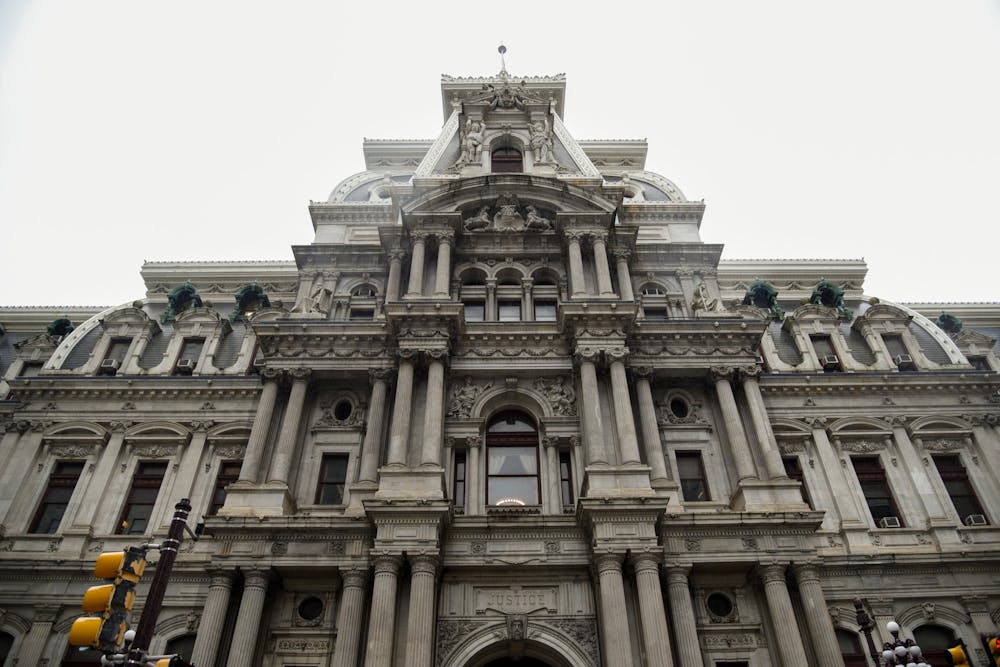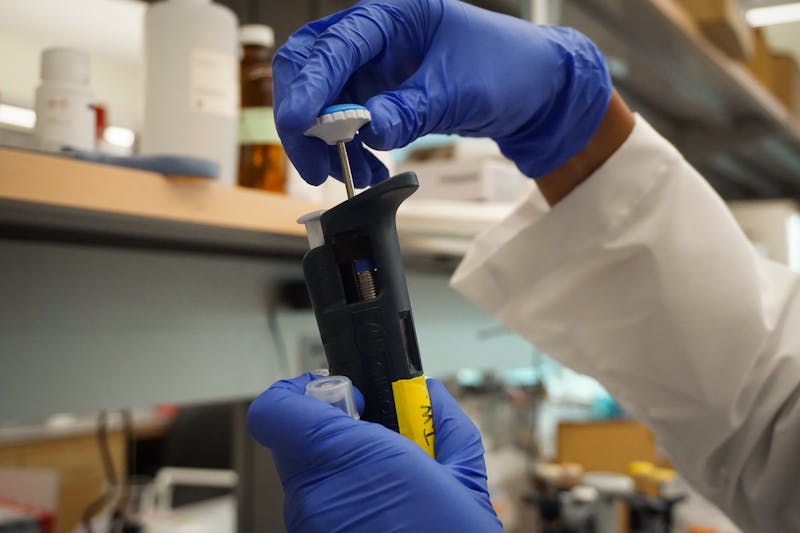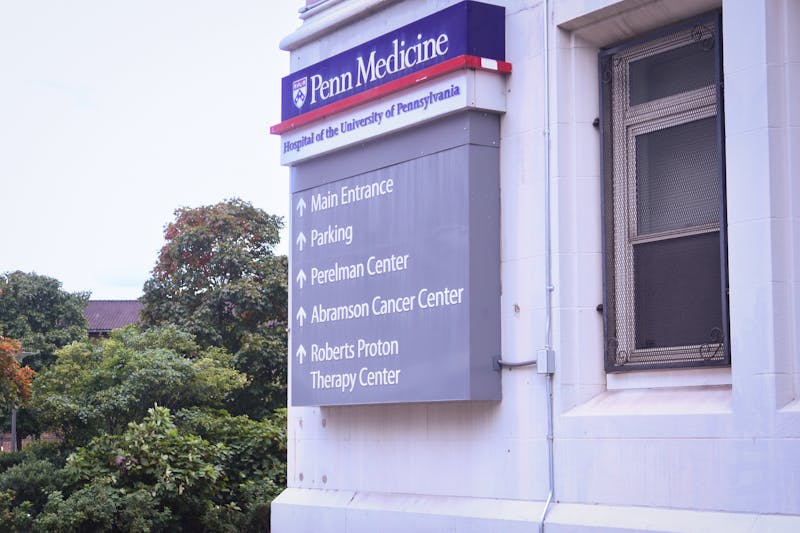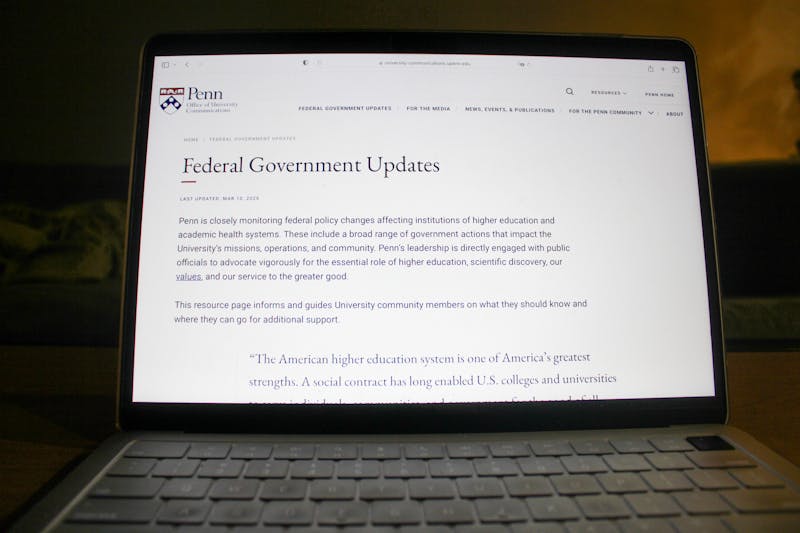
The University contributes $25.2 billion to the Philadelphia economy annually.
Credit: Chenyao LiuIn recent months, Philadelphia Mayor and 2016 Fels Institute of Government graduate Cherelle Parker turned to higher education institutions across the city to help fill holes in Philadelphia’s budget. But as Penn faced growing attacks from the Trump administration, the Mayor’s Office told The Daily Pennsylvanian on multiple occasions that these were matters for the University to address, not the City of Philadelphia.
In three separate requests for comment — regarding National Institutes of Health funding, visa revocations, and a $175 million funding freeze — a spokesperson for the Mayor declined to comment, redirecting the DP to Penn. When prompted a fourth time, City Solicitor Renee Garcia wrote to the DP that Parker "continues to monitor the shifting federal funding landscape as it impacts the City and our important partners, like the University of Pennsylvania."
"The Mayor is committed to pursuing any and all diplomatic or legal avenues, as needed," Garcia added.
Garcia's April 23 statement breaks the silence from the Parker administration on multiple federal policy changes that have impacted Penn.
In February, $240 million of Penn’s funding from the National Institutes of Health was also put into jeopardy, after the NIH issued a directive capping “indirect costs” — which fund overhead expenses like lab spaces and support staff — at 15%.
Penn, along with 12 other universities, filed a lawsuit in response to the cuts. In an affidavit submitted with the suit, Senior Associate Vice Provost and Senior Associate Vice President for Research Elizabeth Peloso described Penn as one of the nation’s “top” research universities, stating that “vital research at Penn is made possible by funding provided by the NIH.”
Penn — the largest private employer in Philadelphia — annually contributes $25.2 billion to the Philadelphia economy, according to a University report released in March. In 2024, Penn generated approximately 106,600 jobs across the city through both direct and indirect employment capacities.
In response to comments on the NIH cuts, a spokesperson for the Mayor wrote: "Since Penn is a private institution, and not affiliated in any way with the City of Philadelphia government, I see no place here for us to comment as a city."
The Trump administration also announced that it would freeze over $175 million in federal funding to Penn on March 19, citing the University’s failure to bar transgender athletes from women's sports. Days later, Penn President Larry Jameson wrote that faculty across seven of Penn’s schools were notified that their federally contracted research was halted.
Parker’s office also said that recent student visa revocations and immigration status terminations are not a matter the city will address.
In response to multiple requests for comment, a Parker spokesperson wrote, “This is a matter for the University to address, not the City.”
At the time of publication, eight Penn affiliates had either their visas revoked or immigration statuses terminated by the Department of State. According to a University spokesperson, the eight affiliates include seven who had their SEVIS status terminated — including one undergraduate student, five graduate students, and one alumnus on a sponsored visa. One additional Penn affiliate had their visa revoked.
The Daily Pennsylvanian is an independent, student-run newspaper. Please consider making a donation to support the coverage that shapes the University. Your generosity ensures a future of strong journalism at Penn.
Donate











